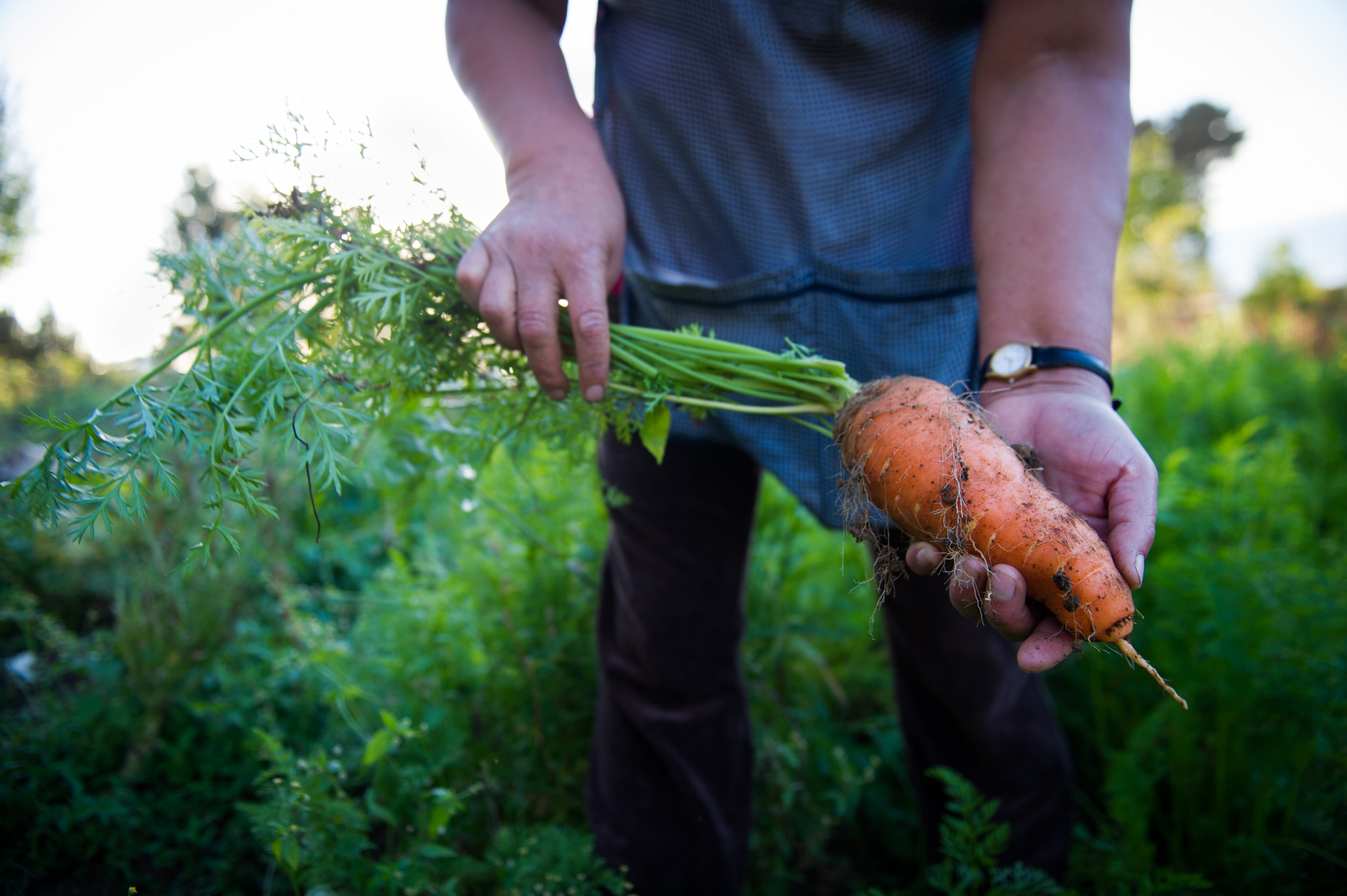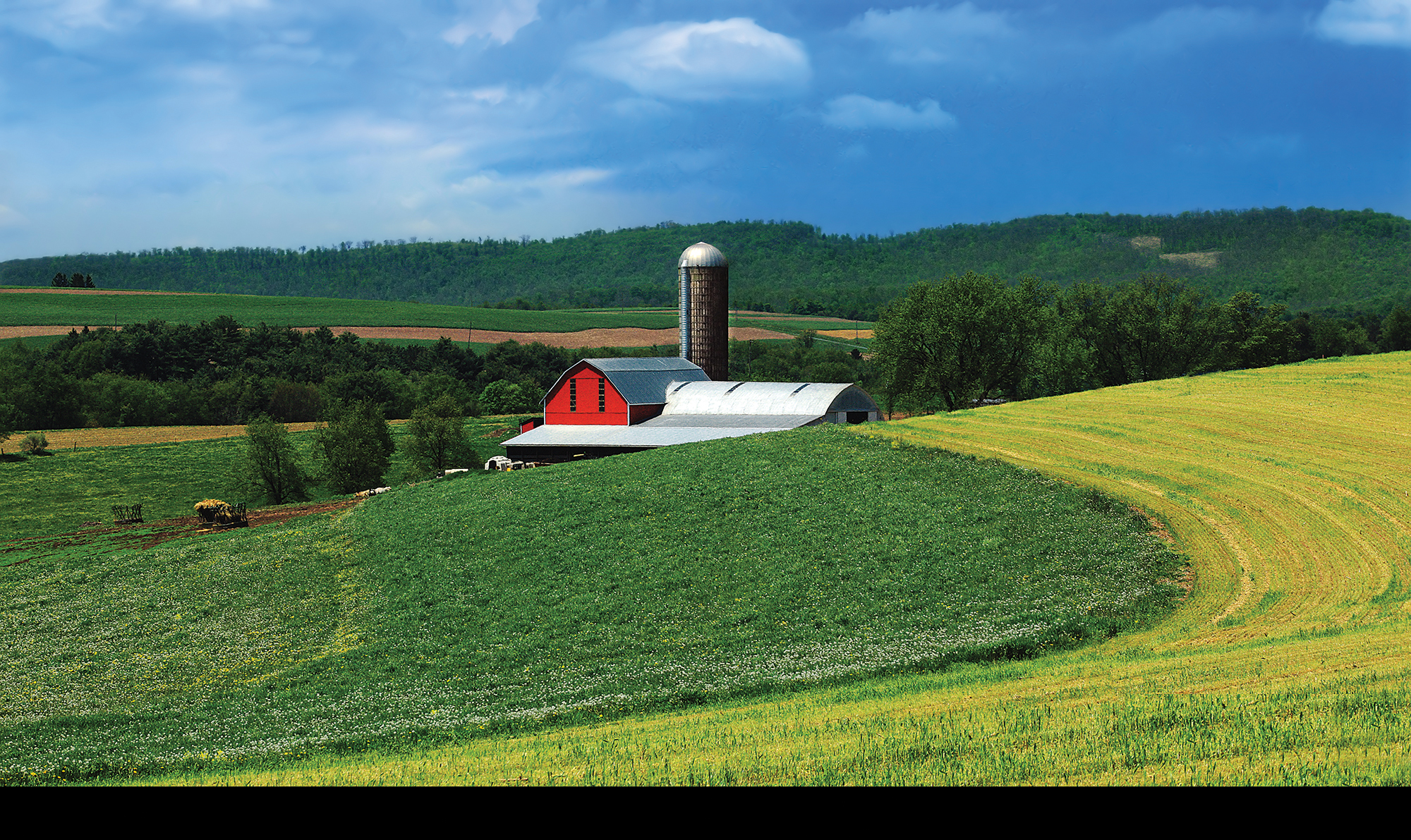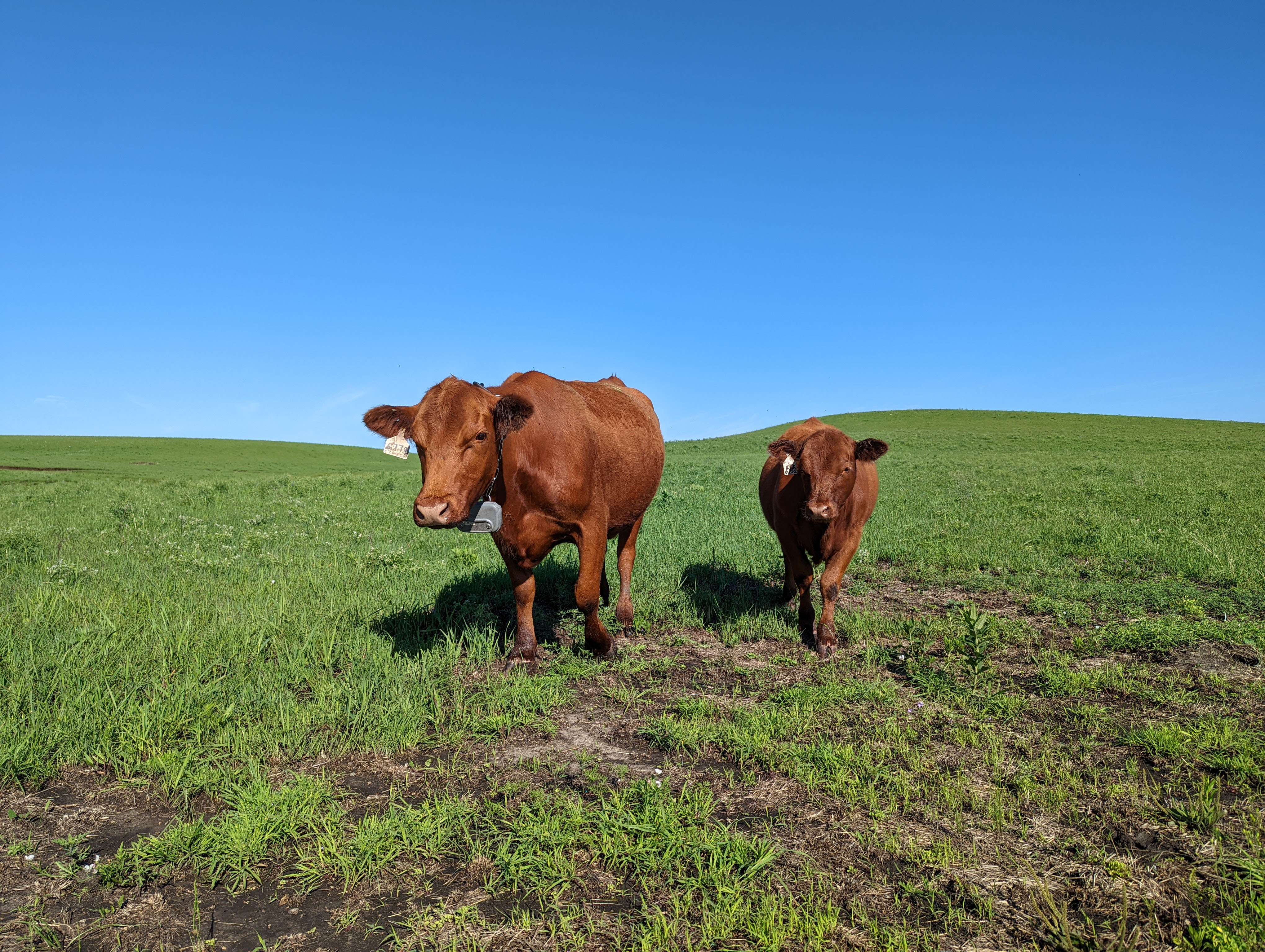Agriculture Innovation
Accelerating market transformation through purposeful innovation
Innovation has been at the heart of the world’s food production since humankind first learned to cultivate the soil. Innovation is also a critical component of ensuring that our global agriculture system benefits people, climate and nature.
Purposeful Innovation
Today, food systems are responsible for one-third of global greenhouse gas emissions, and agriculture expansion is the leading cause of habitat loss around the world and a threat to biodiversity. Transforming the agriculture systems that provide food, feed and fiber from one that depletes our resources to one that delivers enduring net-positive benefits can help address the dual global crises of climate change and biodiversity loss.
Despite cutting-edge science and proactive partnerships, the current pace and scale of achieving a regenerative agriculture system is not happening fast enough or reaching far enough to outpace the detrimental impacts of the current system. To make significant progress, we need to challenge the status quo by identifying solutions that circumvent or disrupt roadblocks to large-scale change. In other words, business as usual won’t work.
The Nature Conservancy is working to identify, invest, pilot, assess, and deploy innovative solutions and technology to accelerate market transformation toward regenerative food systems. This work is informed by and executed with our scientists and local project teams, partners, and private-sector collaborators.

Investments
TNC’s goal is to catalyze wide-scale adoption of regenerative agriculture production practices. By aligning private investments in innovation with desired conservation outcomes, people, climate and nature can benefit. Having a seat at the investor table allows TNC to signal other investors with our impact focus and gather critical insights on innovative solutions and technologies in development.
To date, TNC has invested in eight early-stage companies that demonstrate strong potential to scale solutions for either regenerative row crop production or regenerative grazing practices.
Our current investments include:
FarmRaise: A financial services platform aiming to make it easy for farm operations to access funding to be more sustainable and profitable.
Growers Edge: A financial technology company that delivers farm enterprise income assurance through data-driven products, solutions, and tools.
Kula Bio: A firm developing a cost-effective biological nitrogen fertilizer that minimizes run-off.
Pattern Ag: The company provides soil microbiome analysis and recommendations for input optimization on farm.
Stony Creek Colors: The firm is working directly with growers to bring greater profitability and improve soil health with an alternative row crop to improve the market-driven options for farmers to diversify crop rotations by developing sustainable, plant-based dyes such as indigo for the textile, cosmetics and food markets.
SwarmFarm: The firm has developed autonomous, robotic farming technologies that are enabling effective precision application of nutrient and crop-protection inputs.
Our past investments include:
Sentera (acquired by John Deere in 2025): An agronomic, data-driven services company that integrates software, sensors, drones, and analytical products to support in-season, in-field optimized production practices.
Vence (acquired by Merck Animal Health in 2022): A livestock management company focused on the development of virtual fencing to enable autonomous herd management.

Pilots
Pilot projects are a powerful tool for mitigating risk, enabling on-the-ground testing and learning, and refining of strategies on a small scale before full implementation. They are a real-world proof of concept.
TNC’s true differentiation as an investor is our ability to pair investments with piloting the solutions that show the greatest promise for conservation impact and business outcomes for farm and ranch operations. As part of its Agriculture Innovation Strategy, TNC experts are designing and implementing a portfolio of pilot projects to:
- Test solutions and technologies, either from our investment portfolio or from other promising solution providers, to achieve both conservation and business outcomes;
- Foster inclusion and equity in the innovation landscape for regenerative agriculture systems by providing grants to partners and engaging with targeted underserved communities; and,
- Develop and execute initiatives to adapt and build out new areas of work based on changing market and conservation conditions.
Each pilot project is implemented through a dynamic monitoring, evaluation and learning framework. This framework will adhere to a “Learn Fast” model with clear timelines and processes for assessing progress, improving solutions, and setting “failure deadlines” for termination if conservation and business outcomes are not being met.
Pilot Projects in Action
Acceleration
TNC is committed to sharing insights and learnings from our investor seat and pilot projects far and wide with teams, partners and other ecosystem actors that can help accelerate the global food system transformation.
Sharing knowledge and insights gained is crucial for several reasons:
- It promotes learning and growth within an organization and an industry, allowing others to benefit from each other’s experiences, and avoid duplications of efforts.
- It fosters collaboration and innovation, as shared insights can spark new ideas and approaches.
- It enhances efficiency and effectiveness of future projects, as others can apply the lessons learned to streamline processes and improve outcomes.
For each investment and pilot project, TNC experts will develop a targeted communications plan for disseminating results and learnings. We anticipate sharing information through social media, webinars, and events. Our goal is to foster collaboration and continuous learning among our ecosystem of critical stakeholders and thereby accelerate progress on market transformation towards regenerative food systems.
We Can’t Save Nature Without You
Sign up to receive monthly conservation news and updates from TNC.







